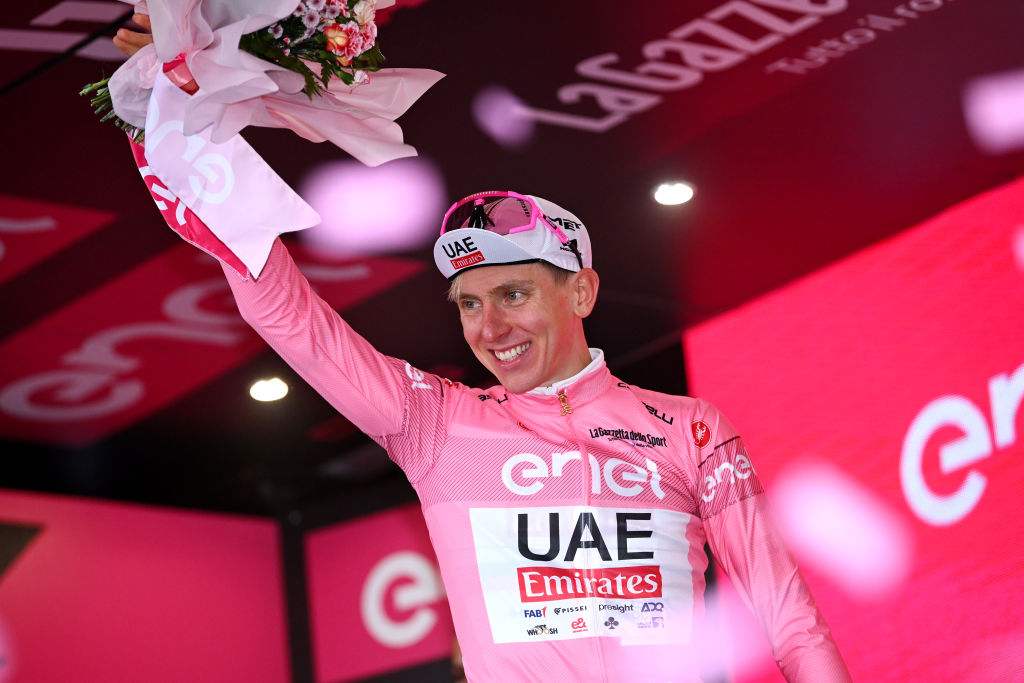Bouhanni: It will take time to adapt to a new way of working
Frenchman on changes to Cofidis structure
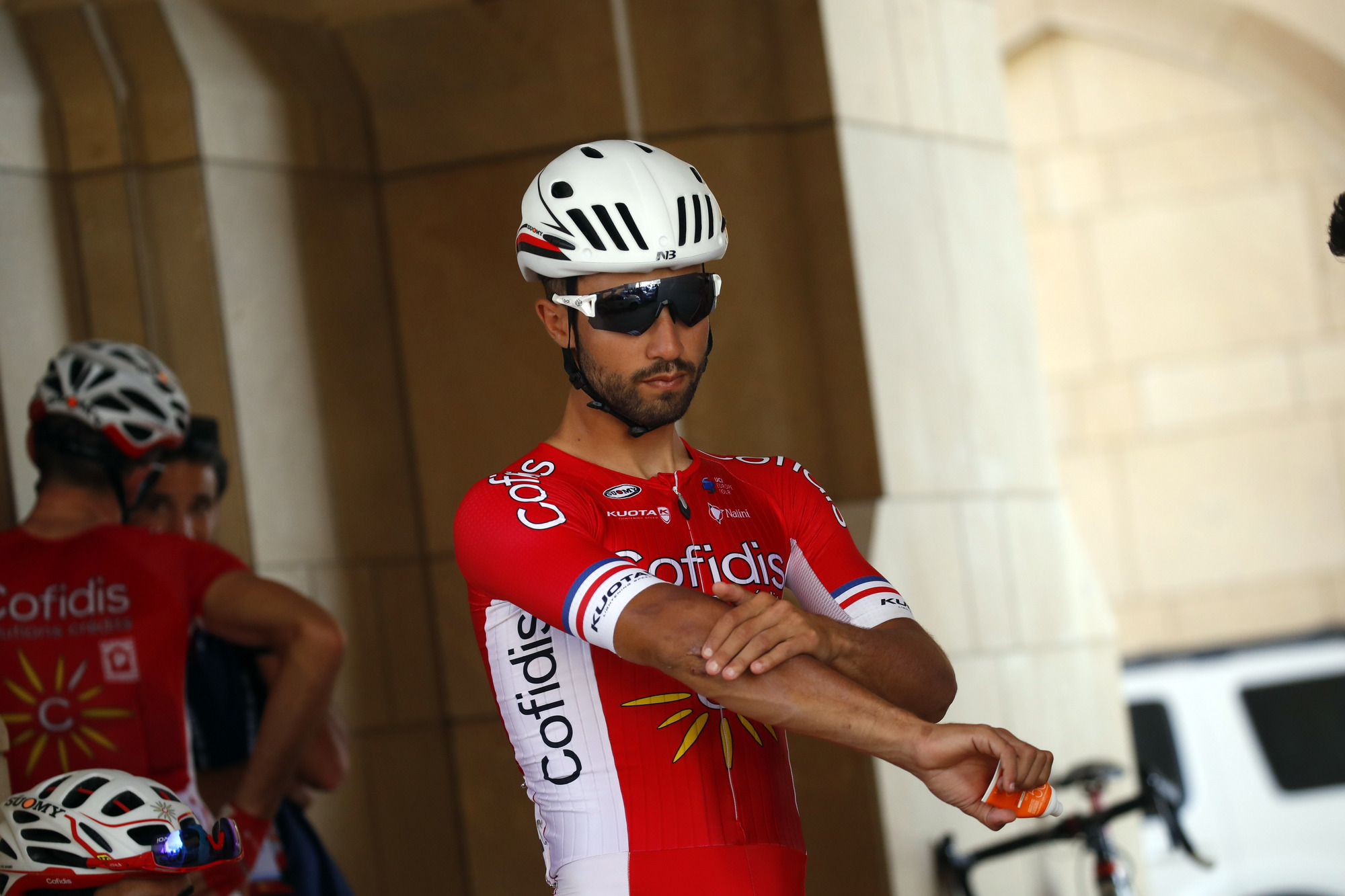
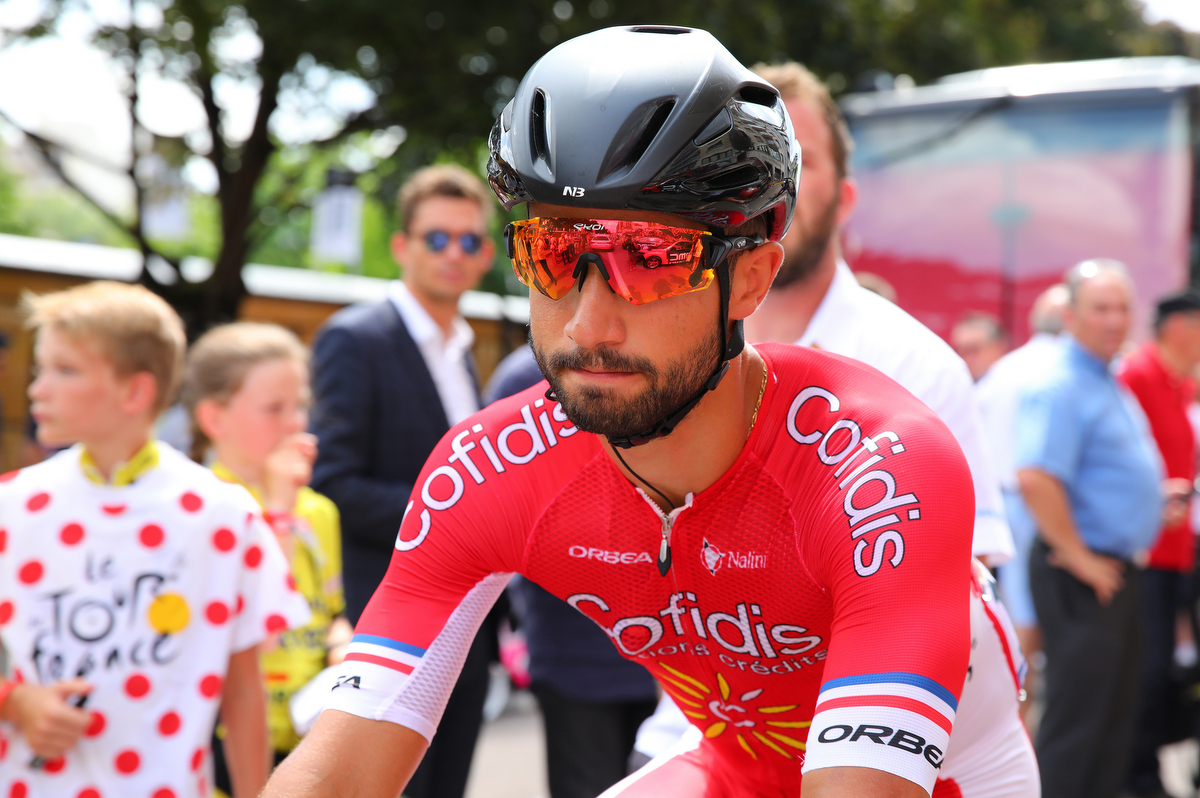
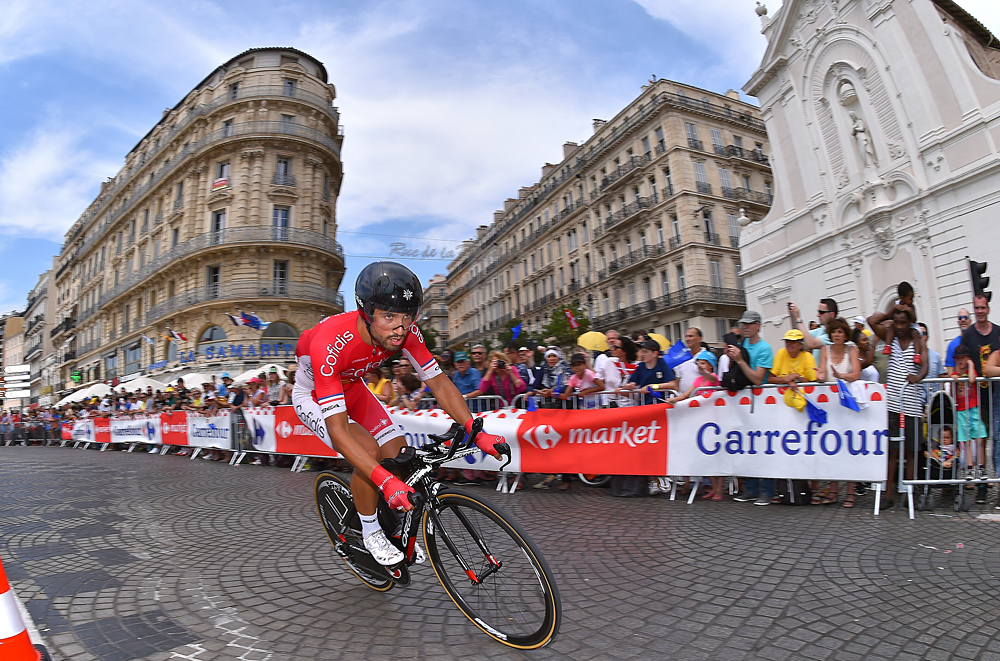
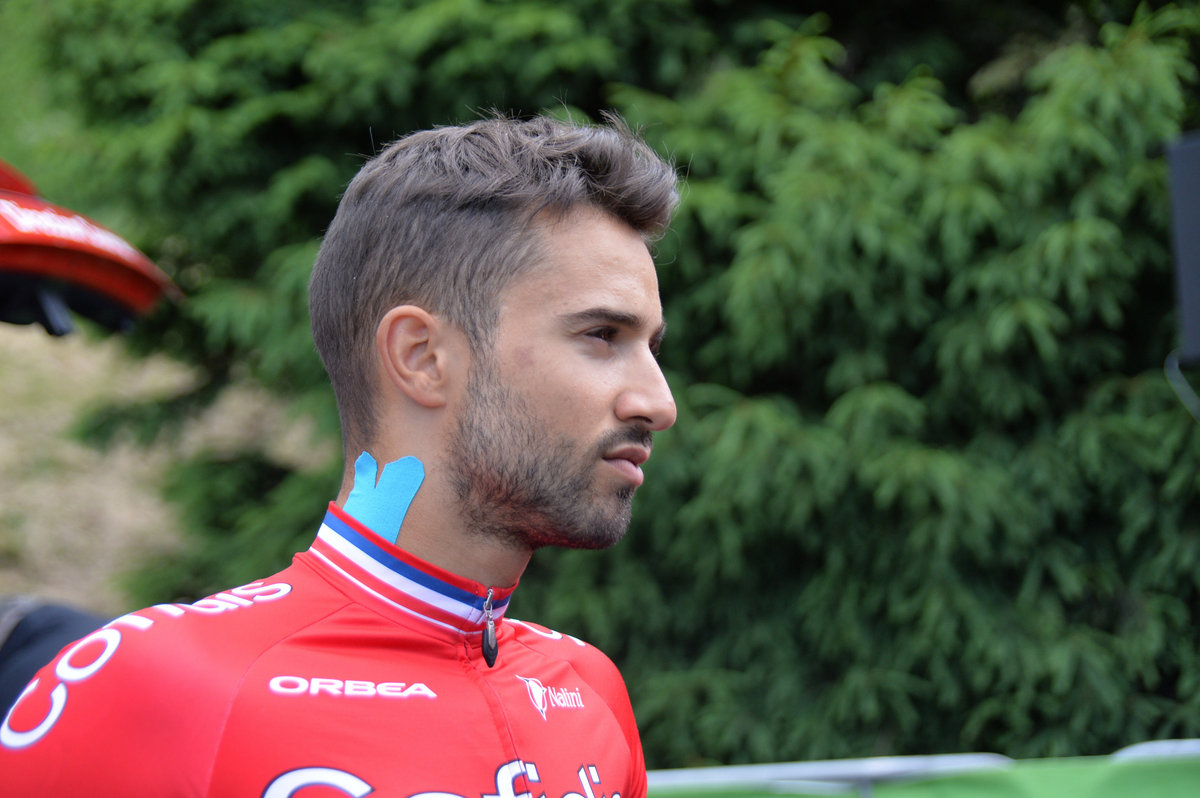
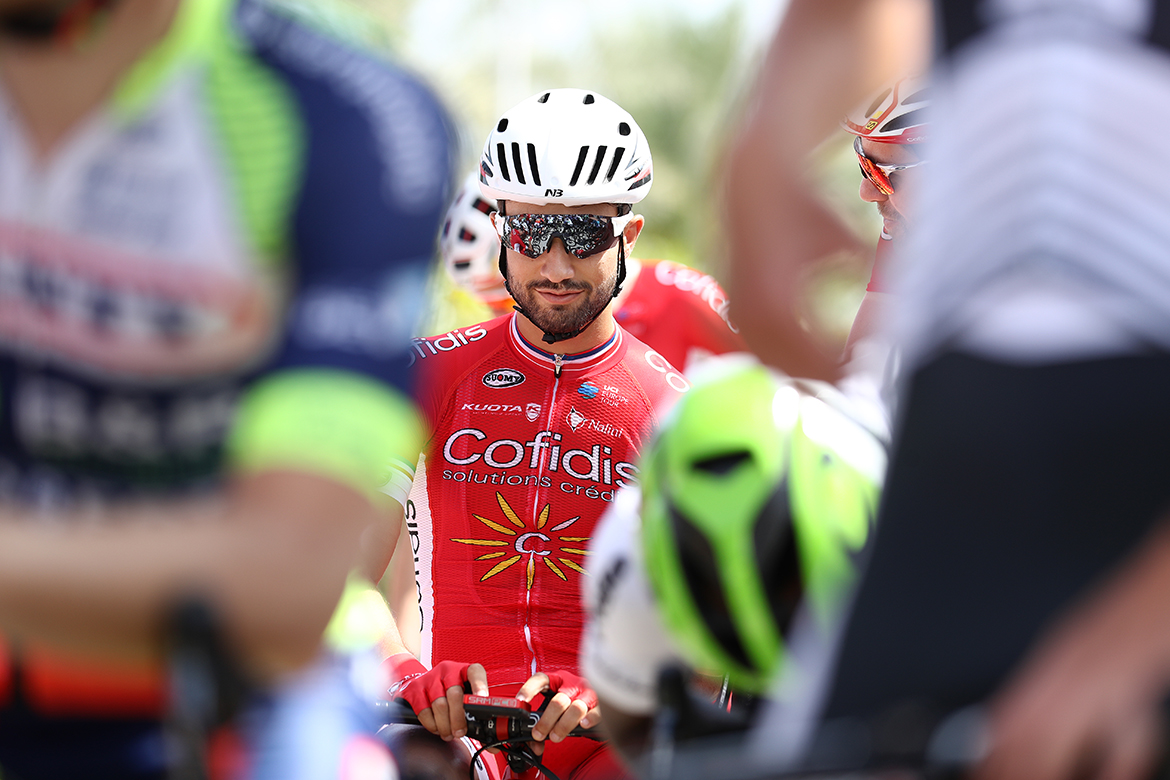
Nacer Bouhanni says that it will take some time to adjust to a new way of working at Cofidis after there were some significant changes made to the French Pro Continental team over the winter. The French sprinter said that it would be a case of turning the new processes into habits over the coming months.
Five years after he was brought in to revive Cofidis' fortunes, team manager Yves Sanquer was shown the door and former rider Cedric Vasseur was brought in. While much of the team structure was already in place when he was appointed, Vasseur has made some relatively big changes, particularly where Bouhanni is concerned.
"It's something new that I have to adapt to and a new way to process things within the team," Bouhanni told Cyclingnews at the Tour of Oman earlier this month. "For two years I have worked in a certain way and now I have to modify everything, so I think that I will have to take some time to adapt myself to a new way of working. I have to find once again my automatic behaviours."
In the four months since he was appointed team manager, Vasseur brought in the extremely experienced Roberto Damiani as a directeur sportif to work with Bouhanni, who has been with the team since 2015. Damiani has been with Bouhanni at his early-season races and they were regularly seen in deep discussion at the team hotel at the Tour of Oman. In addition, the contract with Bouhanni's father Karim was not renewed and his lead-out train was cut, with Christophe Laporte given free rein in the early European races.
Asked what he thought of Vasseur, a former Cofidis rider himself, coming into the team, Bouhanni was coy on the subject, saying it was a management decision.
"It was [President of Cofidis Competitions] Thierry Vittu, he took the decision to take Sanquer off and hire Vasseur," Bouhanni said, adding that he was not acquainted with Vasseur prior to his appointment. "I didn't know him before. I only knew him from commentating on the television and watching him as a rider."
Many of the changes have been made to reduce the reliance of the team on just Bouhanni, in the hope that it will allow him and the team to flourish. Despite a handful of wins, he endured a challenging season in 2017, which was impacted by his crash at the Tour de Yorkshire in April. After winning stage 2, Bouhanni crashed heavily the following day, which left him with a concussion and suffering from damaged vision.
The latest race content, interviews, features, reviews and expert buying guides, direct to your inbox!
"Last season, after the crash I was affected by a visual problem but now I don't have any problems and I am back at 100 per cent. It was a long process, more or less six months to get back to 100 per cent. It's a good to start this season in a good way, now that I am feeling ok," explained Bouhanni.
Bouhanni's season has been quiet so far with four top 10s over the Dubai Tour and the Tour of Oman. He now heads into the key part of the opening part of his season, with Paris-Nice next week marking his European debut.
"My main objectives are Paris-Nice, Milan-San Remo, Vuelta a Catalunya," he said. "They are three WorldTour races and, for me, it is very important to perform well in these races."
Stage wins at Paris-Nice and Catalunya will be important, but victory – or even a podium – at Milan-San Remo would be a massive achievement for the 27-year-old. Bouhanni has been in the top 10 in each of the last three editions, barely missing out on the podium in 2016 with fourth place while his former teammate Arnaud Demare sprinted to victory.
He later told the press that he'd done the "perfect sprint" but his chain had come off, leaving him without sufficient momentum to complete his surge to the line. It is obviously a moment that irks him still as became apparent when Cyclingnews mentioned the Italian Monument to him.
"If I want to be on the podium in Milan-San Remo, I just have to do one thing, not drop my chain."
Born in Ireland to a cycling family and later moved to the Isle of Man, so there was no surprise when I got into the sport. Studied sports journalism at university before going on to do a Masters in sports broadcast. After university I spent three months interning at Eurosport, where I covered the Tour de France. In 2012 I started at Procycling Magazine, before becoming the deputy editor of Procycling Week. I then joined Cyclingnews, in December 2013.
